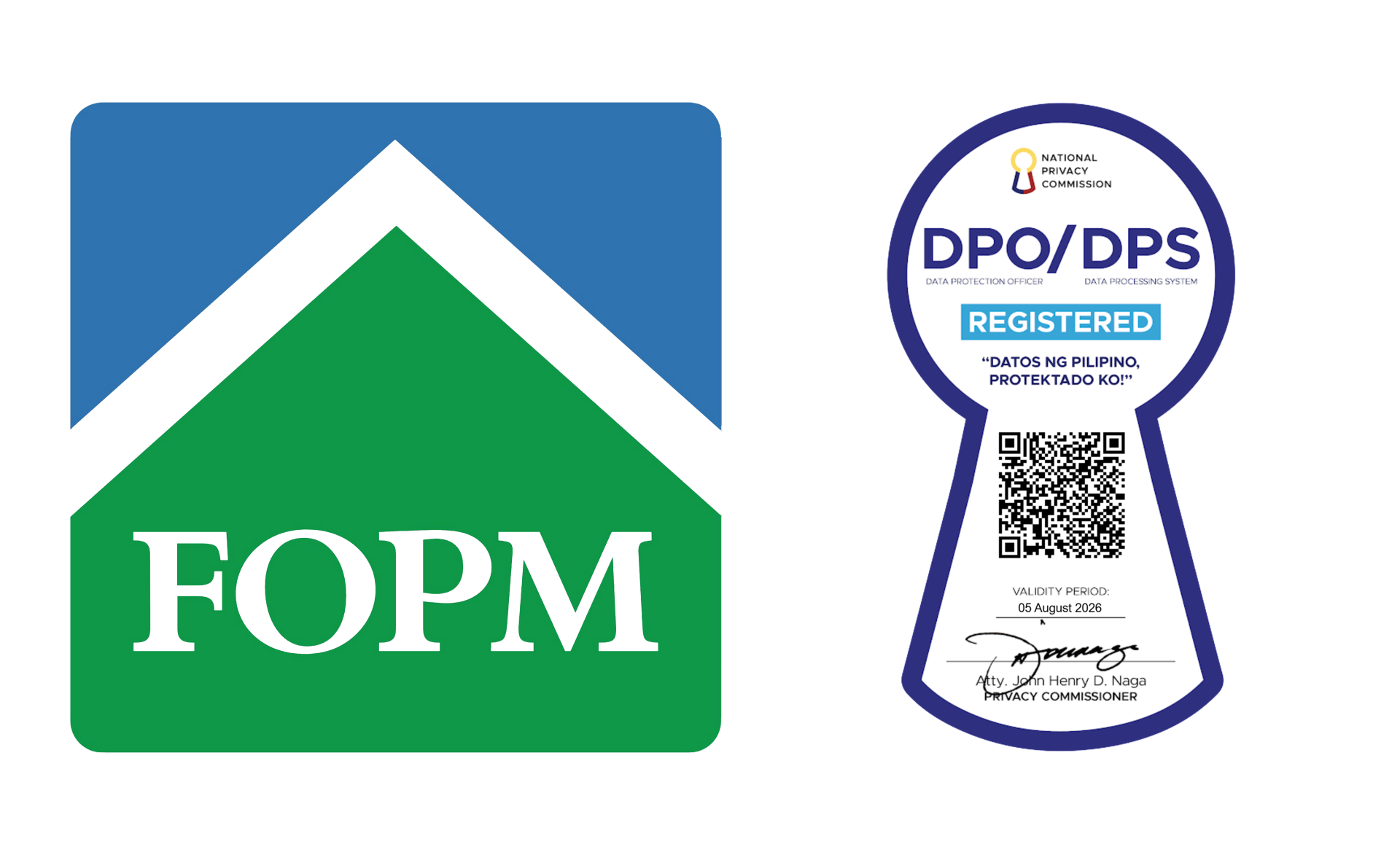In today’s fast-paced world, achieving work-life balance is essential for mental well-being and happiness. Dive into its evolving importance, impact, and practical strategies for achieving harmony in modern work environments. Understanding these dynamics empowers individuals to enhance their quality of life while maintaining productivity and fulfillment.
Work-Life Balance in the Modern Context
Work-life balance means finding a healthy mix between work and personal life that reduces stress and enhances well-being. At FOPM, a leading property management company, achieving this balance is crucial for maintaining a productive and supportive work environment.
Balancing professional responsibilities with personal commitments allows individuals to thrive in their careers while enjoying fulfilling personal lives. This balance varies for each person but is essential for promoting job satisfaction and overall happiness at work and beyond.
The Impact of Work-Life Imbalance
In today’s fast-paced world, managing work and personal life is vital for physical and mental health. It lowers stress, reduces the risk of chronic diseases, and boosts productivity and job satisfaction. At FOPM, where dedication to client service and excellence in property management is critical, a balanced approach fosters resilience, motivation, and a positive work atmosphere. It contributes to employees’ higher quality of life and enhances FOPM’s reputation as an employer of choice.
To achieve a healthy work-life balance, individuals should manage their time wisely across work, family, friends, hobbies, and self-care. Here are practical techniques to help maintain this balance:
1. Set Clear Work-Life Boundaries: Define your work hours and avoid bringing work home. Disconnect from work communications during personal time.
2. Take Regular Breaks: Take short pauses from your work to recharge and focus. Physical activity, like short walks, might help you relax and reduce tension.
3. Prioritize Hobbies and Interests: Set aside time for activities you enjoy, such as reading, dancing, or outdoor adventures. Personal and professional development are equally vital.
4. Learn to Say No: Limit extra job requests that may disrupt your schedule. Set time and energy limits to prioritize your well-being.
5. Seek Professional Guidance:Speak with a therapist or counselor about effective stress management tactics and how to live a balanced lifestyle.
A healthy work-life balance is essential for well-being and personal fulfillment, especially in demanding fields like property management. Setting boundaries, taking breaks, and pursuing hobbies can reduce stress and boost productivity. Property management values dedication, but balancing work and personal life enhances job satisfaction and performance. By investing in self-care and maintaining realistic expectations, professionals can create a fulfilling life where work and personal time contribute positively.
Embrace these principles to improve your overall quality of life professionally and personally.
Source:

